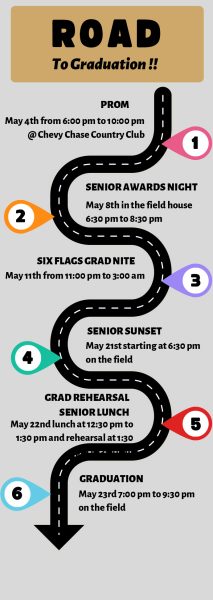AAPPL test brings opportunities
AAPPL Testing, the acronym standing for ACTFL Assessment of Performance toward Proficiency in Languages, took place throughout the school on October 22-24, and it will take place again two more times later in the year.
The AAPPL test consists of reading, writing, listening and speaking portions to accurately indicate proficiency in a language. It will benefit students in the long run because people who are bilingual are generally more qualified for different jobs. Taking and passing the test will certify students as bilingual or multilingual formally.
“I personally took the AAPPL test because you can get more jobs when you are certified as bilingual. It’s also cool to be recognized on your diploma,” said senior Kaiyla Spencer.
It is highly recommended to take the test because it can benefit students in college also.
“Illinois passed a law that said students will get college credit,” said world language department chair Valerie Padgett-Krause.
On top of this, being certified as bilingual can land students more opportunities in the future.
“It is important because if you earn the biliteracy seal, you will have a much greater opportunity to be recognized for being bilingual at your graduation and also be able to get more easily accepted at a university or employed later on when applying for a job,” said senior Nancy Fajardo.
Students are able to take the test more than one time. Those who score a 5 on any AP language test will automatically receive the seal and do not need to take the test.
“Most people receive the biliteracy seal, but for those who don’t, they can still retake only the parts of the test that they failed again. That’s why it is advised that students take the AAPPL test the first day it is available, so that if you happen to fail it the first time, you still have two more opportunities throughout the school year to retake it,” Fajardo said.
“In the first year of taking the test, there was a 13 percent pass percentage rate, 70 percent in the second, and 50 percent in the third. It is important to know that the requirements to take the test were a lot higher the third year, limiting those qualified to take it,” Padgett-Krause said.





